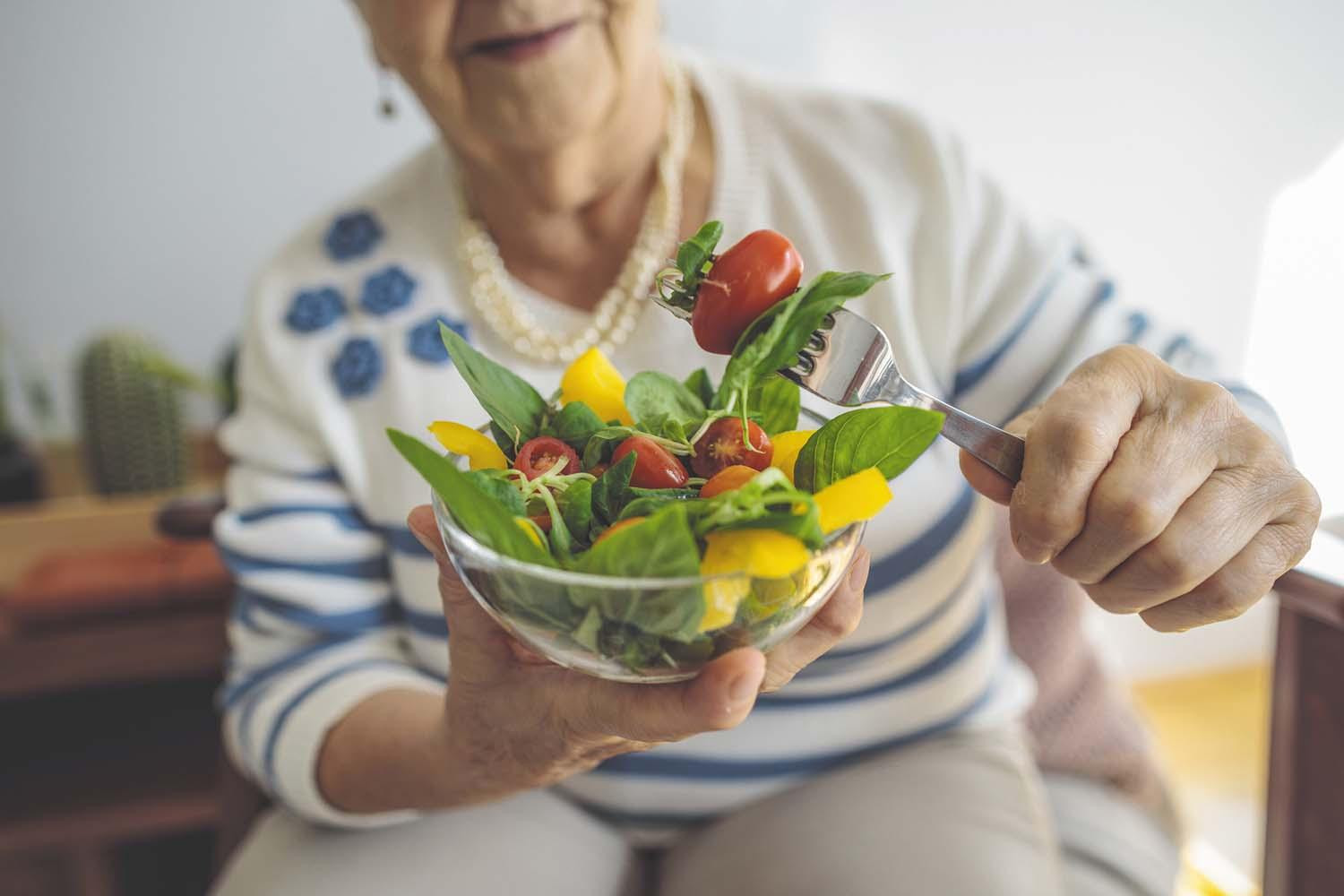
New thinking about plaque in arteries that feed the brain

Want to prevent shifting teeth? Maybe you need retainers

What you need to know about the new dietary guidelines

Food that’s healthier for people and planet can be cheaper, too

New evidence that polyphenol-rich foods help the heart

8 simple ways to reduce ultra-processed foods in your diet

How to curb your stress eating

How to spot Parkinson’s disease symptoms

Heart failure symptoms in women: How they’re different

GERD diet: Foods to avoid to reduce acid reflux
Mind & Mood Archive
Articles
Eat a healthy diet and banish a big belly to protect your mind
In a 2025 study, people with the healthiest diets and trimmest bellies at midlife had better brain connections and skills decades later, compared with people who ate the worst diets and had the most belly fat.
Does this vaccine ward off dementia?
A 2025 study found that the shingles vaccine reduced the risk of developing dementia by 20%. The study supports (but doesn’t absolutely prove) the theory that infections may be one cause of Alzheimer’s disease and possibly other forms of dementia.
The simple memory and attention booster you can do anywhere for free
Mindfulness might help improve attention and memory. Mindfulness is the practice of focusing on the present moment, including thoughts, feelings, and all information coming in from the senses, such as sights, sounds, and smells. Many studies have shown that mindfulness helps people improve well-being, concentrate, engage more effectively in daily activities, and pay more attention. Attention is the most crucial factor when it comes to memory; whatever someone pays attention to is what he or she remembers.
Can A.I. help us find a dementia cure?
Doctors are optimistic that artificial intelligence (A.I.) will one day play a role in curing and preventing Alzheimer’s disease. One example of A.I.’s application is its use in helping scientists learn how certain molecules might cause Alzheimer’s.
Depression tied to risky driving in older adults
A 2024 study indicated that adults 65 and older with major depression are more likely to exhibit risky driving behaviors such as speeding, hard braking, and hard cornering.
How to avoid catastrophic thinking
People trapped in catastrophic thought patterns are convinced everything is awful and won’t improve, which creates a constant sense of helplessness, anxiety, and stress. One way to stop this doomsday thinking is learning how to mentally pivot. Mental pivoting is the action of consciously deciding to deflect thoughts when they arise, so they don’t fester and grow. By doing this, people can feel more in control of invasive thoughts when they arise.

New thinking about plaque in arteries that feed the brain

Want to prevent shifting teeth? Maybe you need retainers

What you need to know about the new dietary guidelines

Food that’s healthier for people and planet can be cheaper, too

New evidence that polyphenol-rich foods help the heart

8 simple ways to reduce ultra-processed foods in your diet

How to curb your stress eating

How to spot Parkinson’s disease symptoms

Heart failure symptoms in women: How they’re different

GERD diet: Foods to avoid to reduce acid reflux
Free Healthbeat Signup
Get the latest in health news delivered to your inbox!
Sign Up








